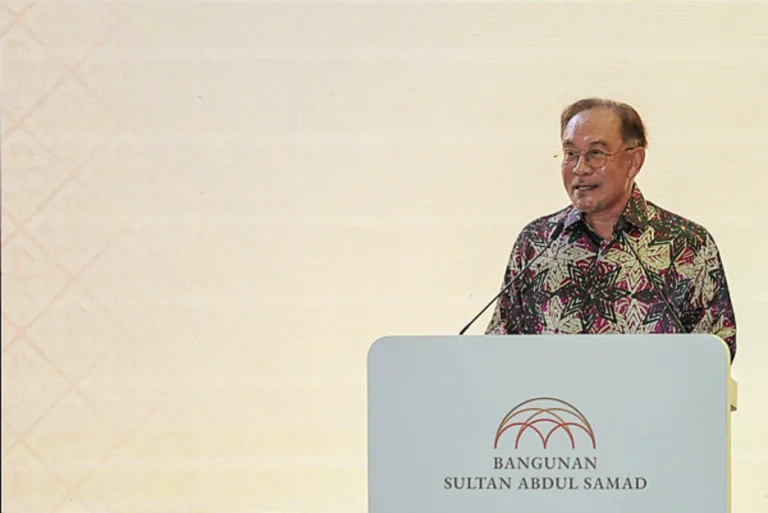
Kuala Lumpur: The ringgit opened stronger against the greenback for the third consecutive day, supported by a decline in the US dollar index (DXY) as investors awaited further signals from the White House regarding trade policy developments.
At 8am, the ringgit was at 4.4660/4785 against the US dollar, compared with yesterday’s close at 4.4730/4780.
Dr Mohd Afzanizam Abdul Rashid, chief economist at Bank Muamalat Malaysia Bhd, said the DXY reportedly fell to 107.981 points, its lowest since Dec 27, 2024.
He said the currency market will probably focus on what the 47th President of the United States (US) will do in terms of import duties.
“Trump has indicated that his administration is discussing a 10 percent import tariff being imposed against China because fentanyl is being shipped from China to Mexico and Canada.
“While such a move is not surprising, it shows that the degree of imposition of tariffs will be measured and implemented after due deliberations,” he told Bernama.
He said markets will remain concerned as Trump continues to hit US neighbors like Canada and Mexico hard with higher tariffs.
As of now, equity markets appear to be in a risk-on environment, while US Treasury yields continue to fall, he said.
“Perhaps the perception is that Trump 2.0 is likely to be wary of import duty hikes.
“This could be positive for the ringgit, although currency markets will remain cautious in the near term, as the dollar-ringgit could remain around 4.47 to 4.48 today,” he said.
Similarly, Mohammed Sedek Jantan, head of investment research at UOB’s Hian Wealth Advisors, highlighted that the US dollar has strengthened following Trump’s announcement of 10 percent tariffs on China, his comments reducing market uncertainty. , because expectations were focused on imposing a tariff. More adequate tariffs.
However, he said the currency remains volatile as the market awaits further signals from the White House regarding trade policy developments.
“Despite this, the ringgit has displayed lower volatility than most other emerging market currencies, which is likely to increase investor demand for the ringgit in the near term,” he said.
Initially, the ringgit traded mostly lower against major currencies.
It slipped against the euro to 4.6478/6608 from Tuesday’s close of 4.6291/6343, and against the British pound it fell to 5.5102/5256 from 5.4781/4842, but against the Japanese yen it rose to 2.8682/5000 from 2.8691/8725. Reached 8765.
The ringgit traded mostly lower against ASEAN currencies.
It weakened against the Thai baht to 13.1349/1810 from 13.1123/1347, against the Indonesian rupiah to 273.2/274.1 from 273.6/274.1, and against the Singapore dollar to 3.2969/3064 from 3.2899/2941. .
However, it rose against the Philippine peso to 7.63/7.66 compared to Tuesday’s 7.65/7.66.






